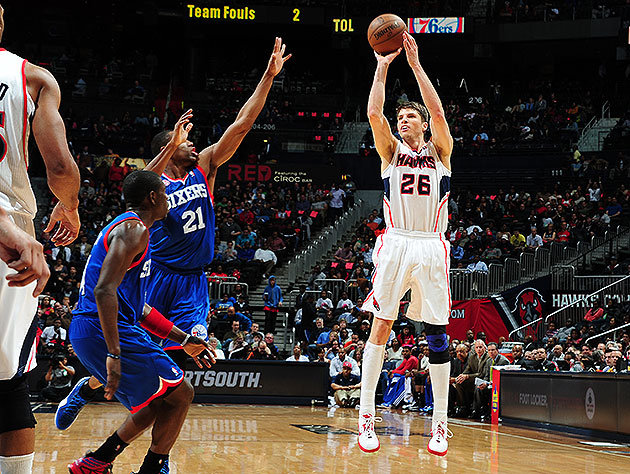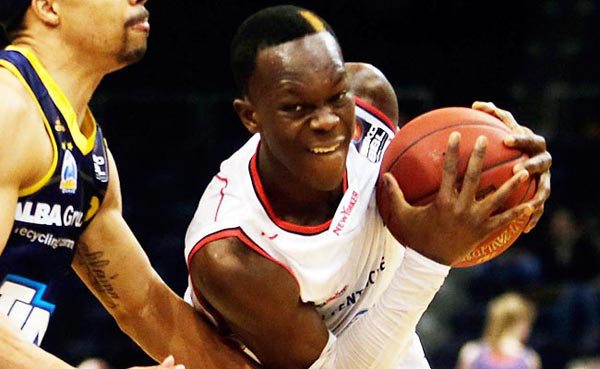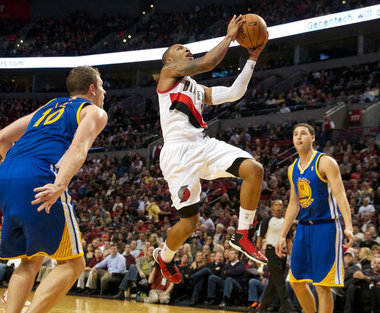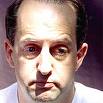How the NBA can teach you (almost) everything you need to know about talent management
Tonight is the opening of the 2014-2015 NBA season, (also known as the greatest day of the year in my house). I am a firm believer that sports, and particularly NBA basketball, offer some of the best real-world and public manifestations and examples of what HR and Talent pros would refer to as modern organizational Talent Management.
I am also a firm believer that you too can learn just about everything you need to know about modern Talent Management from close observation of the NBA - the teams, the stars, the coaching, the executive decisions, even the marketing. Sure, I know what you are saying, sports isn't like real life and real business, and you can't constantly keep comparing the two very different worlds. To that I say, you're wrong. Or at least that is the argument I am going to make.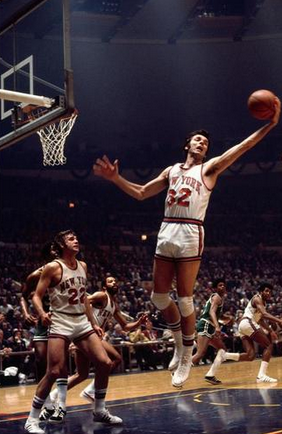
Here are five (easy, and just the most obvious ones I could think of in the 26 minutes I allotted myself to write tihis post), of how following the NBA can raise your HR game in the major Talent Management process areas.
Recruiting/Selection - The most obvious parallel between the NBA and 'real' business is probably in recruiting and selection. In both examples you have to make the critical determination of just who is likely to succeed and perhaps more importantly, succeed in your specific business/team/set of circumstances. Even really talented NBA players sometimes find themselves on the 'wrong' team or in a system that does not suit their talents, (see Paul, Chris). You know you have been there too, dealing with a smart, talented employee who for some reason or another doesn't 'fit' or simply needs a change of scenery, (maybe a transfer, a new boss, maybe leaving altogether), in order for them to realize their potential.
Learning/Development - Most players get to the NBA (mostly) fully formed, i.e., their skills and abilities are reasonably developed, and only need some refinement and experience in order to succeed. But there are some players, especially players later in their career, that end up adding new elements or skills to their games in order to extend their usefulness and their time in the league, (see Carter, Vince). I would argue that for successful people, just like for NBA players, learning and development needs have two peaks, right at the start of one's career, and again towards the end. What is the HR/Talent lesson? Probably not to neglect the learning and development needs of longer-tenured employees, who still have plenty to offer, but might just need a little more time in the gym learning a new skill or two.
Performance Management - Coaching doesn't make a ton of difference in the NBA, as success or failure is primarily a function of the talent level of the players. But there are a couple of exceptions to this. Namely, the coaches at the very top, the ones that consistently have the most success, find a way to coax superior performance out of their players, (see Popovich, Gregg). Much like with players, the difference between the very best coaches and average coaches is incredibly significant, (and apparent). The HR pro takeaway from this? The best talent does not always win. The best talent, guided by the best managers usually does win. Don't skimp on trying to build the best team of managers that you can.
Succession Planning - Lots to learn about succession planning from sports, but the best recent example might be what has been happening to the proud Los Angeles Lakers franchise since the passing of owner Dr. Jerry Buss in 2013. Under Buss' stewardship, the Lakers enjoyed a lengthy run of high performance and numerous championships. After his death, his ownership interests passed to his six children, with each one having an equal vote in team matters. Two of the children, Jeannie and Jim have the most direct involvement with the team, and their performance has been to put it kindly, less than stellar. The franchise seems kind of adrift, they have made several questionable decisions, (see Bryant Kobe), and are facing down what is likely to be their worst season in years. The takeaway here? Even the best performing, best-run companies have to have a plan for when their owner/leader moves on. Nothing lasts forever, but organizations with a deep bench of solid leaders will last longer than most.
Compensation - All NBA teams operate under a salary budget (cap), just like your organization does too. Allocating that budget intelligently across the roster is paramount to a team's success in the league. Spend too much on one or two superstar players, (see Bryant, Kobe), and then you're left with filling out the team with a collection of less talented players. But, fail to spend (or offer) top-level talent the top-level money they demand, and watch them walk to a competitor, (see Parsons, Chandler). Hey, that is exactly what happens to some of your best people too!
Simple, right? Lessons abound everywhere in the NBA where you can see the actual outcomes of Talent Management strategies and decisions play out in real-time, every night, in arenas around the country.
I am down with the NBA, and not just because basketball is by far the greatest of all team sports, but also for how studying the game can help us be better at what we are charged with doing - helping our organizations manage and utilize talent for successful results.
Welcome back NBA and Go Knicks!

 Steve
Steve
